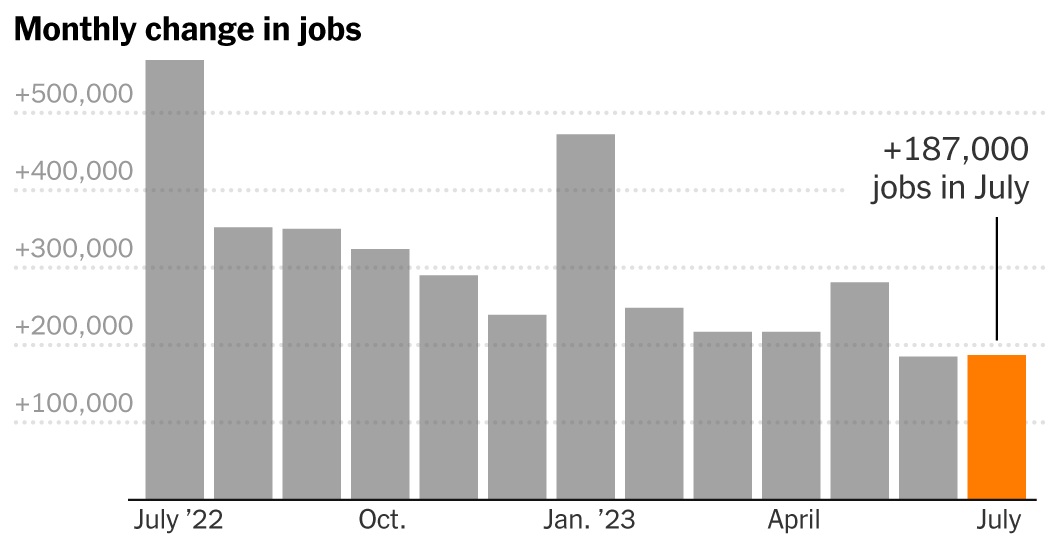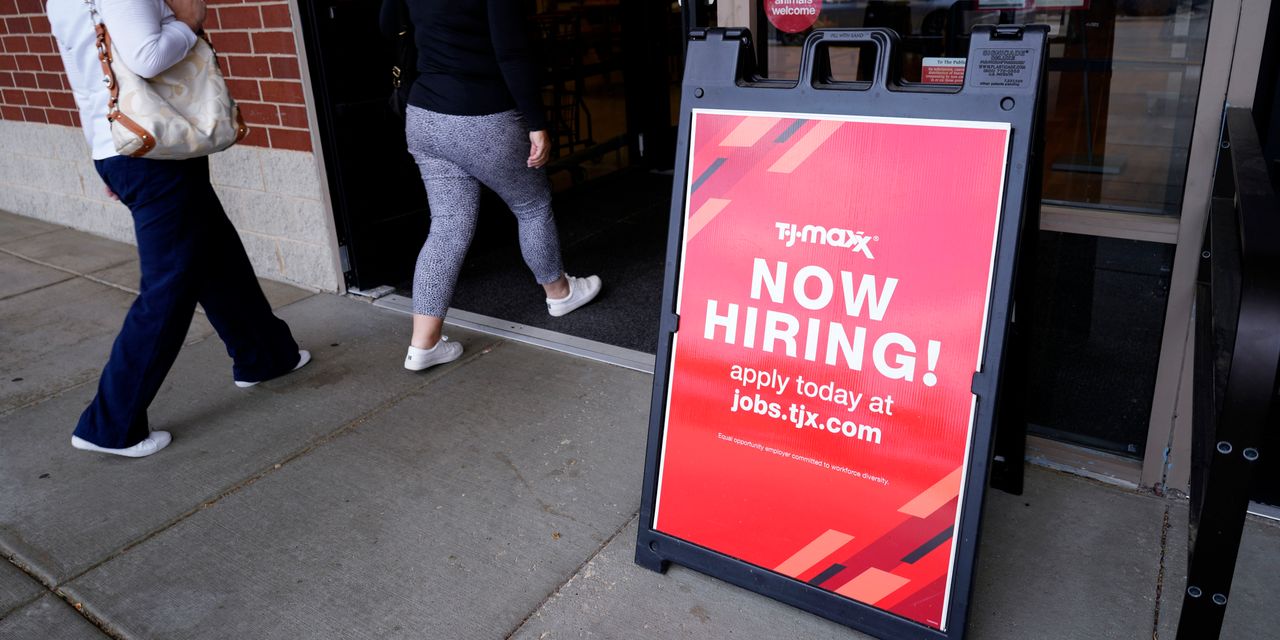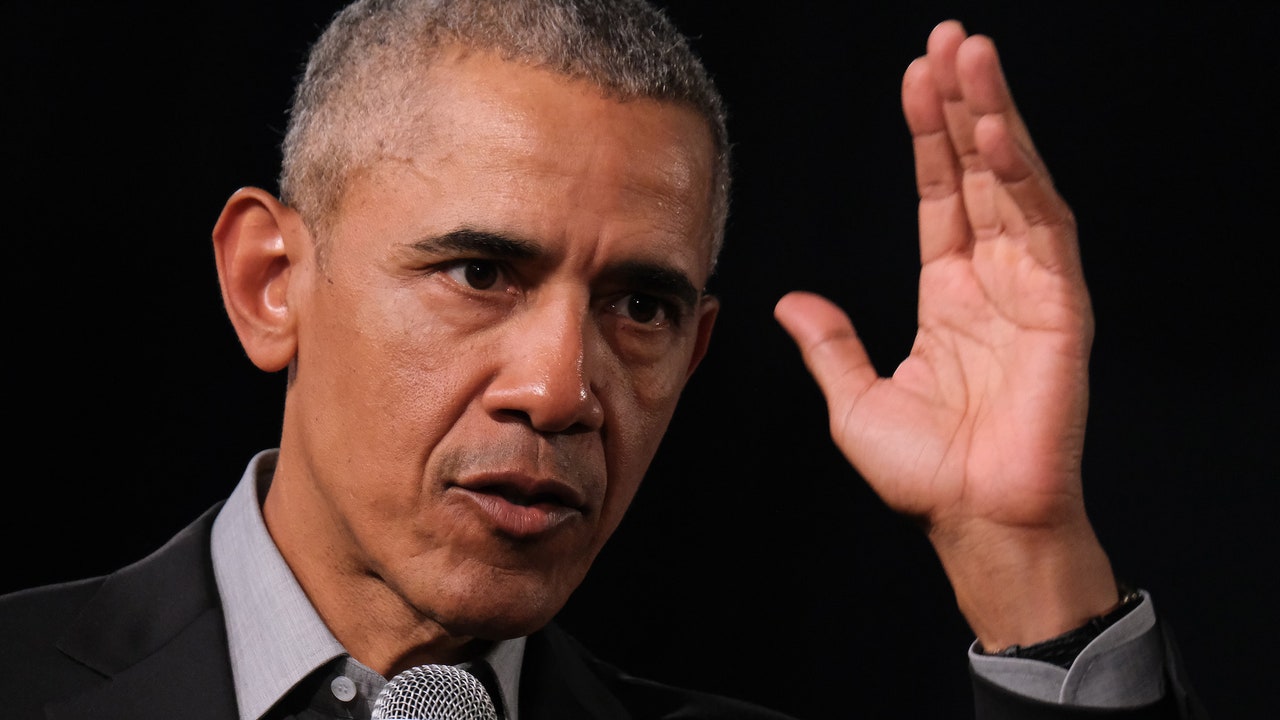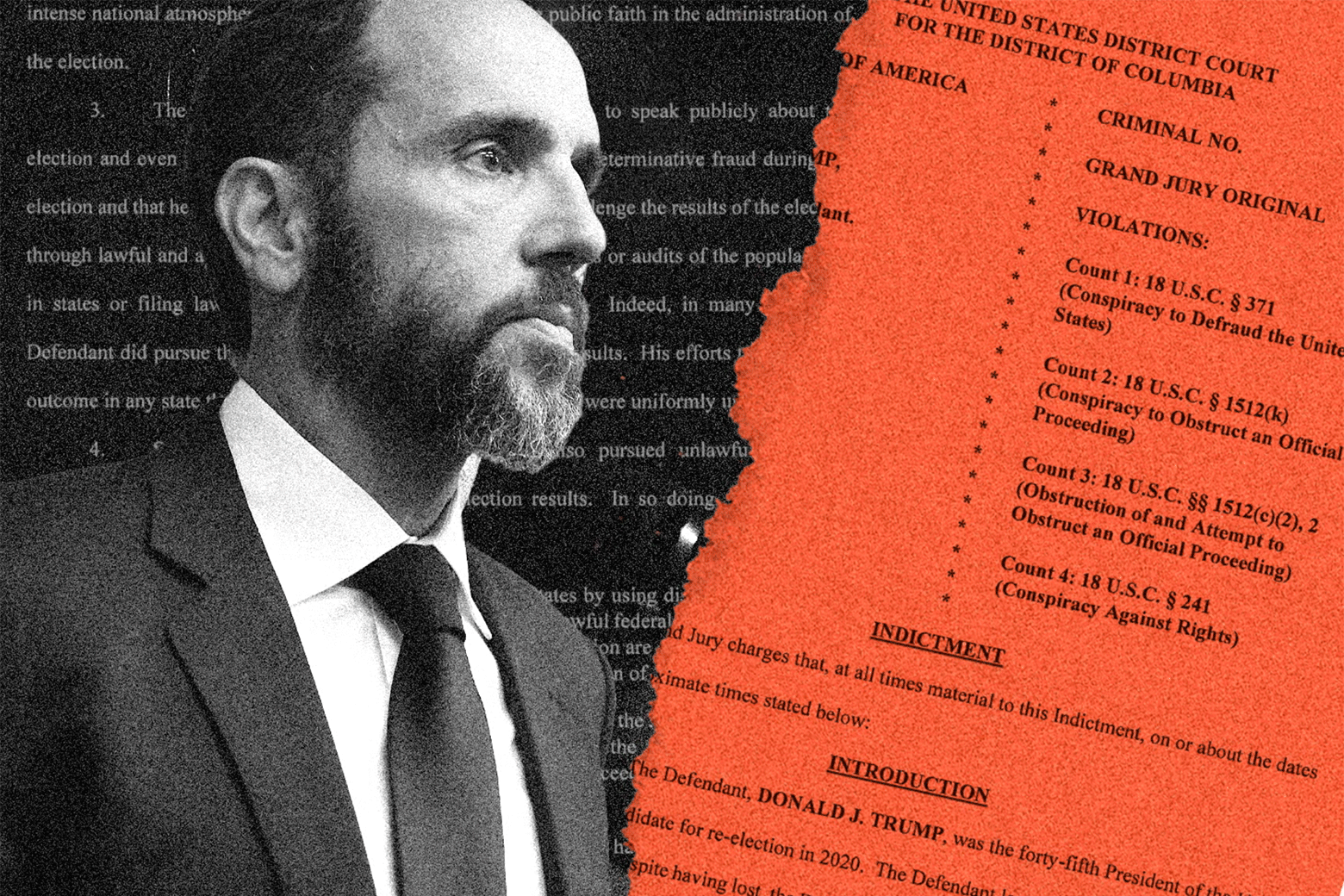Eureka Phoenix
- 5 Posts
- 3 Comments

 1162·1 year ago
1162·1 year ago""In a normal society, a former president—let’s call him Donald Trump—who’s been indicted three times in under four months, on charges ranging from obstruction of justice to conspiracy to defraud the United States, would have absolutely no chance of ever being president again. It straight up would not be a scenario anyone would have to even contemplate; even if this individual were not in prison, the idea that they would be able to run for and win higher office once more would not compute.
But unfortunately, we don’t live in a normal society; instead, we live in a place in which millions of people not only still support Donald Trump, but grow fonder of him with every new criminal charge. Which means that, despite the aforementioned indictments*, the twice-impeached, thrice-indicted ex-president is dominating every other candidate for the Republican nomination, and currently looks to be the most likely GOP nominee in the 2024 general election. That, of course, scares the shit out of a lot of people—including, apparently, one Barack Obama. Whose fear, it has to be said, is extremely unsettling!
The Washington Post reports that during a private lunch with Joe Biden in late June, the 44th president “voiced concern about Donald Trump’s political strengths—including an intensely loyal following, a Trump-friendly conservative media ecosystem, and a polarized country—underlining his worry that Trump could be a more formidable candidate than many Democrats realize.” According to people familiar with the conversation, “Obama made it clear his concerns were not about Biden’s political abilities, but rather a recognition of Trump’s iron grip on the Republican Party.”
Obama’s concerns are certainly warranted: In a New York Times/Siena poll released on Monday, Trump led his closest competition, Ron DeSantis, by a whopping 37 points. An even wilder data point that seems to validate Obama’s fears was that Trump beat DeSantis even among Republicans who believe he committed “serious federal crimes.” To be clear, that means these people believe Trump is a criminal, and want him to be president anyway.
As FiveThirtyEight optimistically notes, should Trump be convicted before November 5, 2024, voters might be less inclined to cast a ballot for him, and presumably they’d be even less so if he’s sentenced to time in prison. (In the case of the most recent indictment, two of the charges carry up to 20 years behind bars, and compared to her colleagues, the judge assigned to the case has imposed the toughest sentences for January 6 defendants.) Though, who knows!
As for a potential Trump-Biden rematch, another Times/Siena Poll poll published this week put the two in a tie, with each receiving 43% of the vote—which, for people who think democracy is worth preserving, is pretty pants-shittingly scary.
In somewhat happier news, Obama reportedly promised at the same June lunch “to do all he could to help the president get reelected.” And in a statement, a spokesman for Biden’s campaign told the Post: “President Biden is grateful for his unwavering support, and looks forward to once again campaigning side-by-side with President Obama to win in 2024 and finish the job for the American people.”
*And everything else!
Mike Pence giveth and Mike Pence taketh away
Yes, he tweeted yesterday that “anyone who puts himself over the Constitution should never be President,” but then he basically suggested today that Trump was just listening to his lawyers’ advice when he tried to overturn the election—which, coincidentally, is a defense Trump is reportedly planning to use."

 1·1 year ago
1·1 year agodeleted by creator

 85·1 year ago
85·1 year ago"*I don’t often get to use the term gobsmacked, but that is how I was rendered when I saw the film Jurassic Park. I remember the 1993 cinema trip vividly: clutching my popcorn, wide-eyed, as the first dinosaur, a brachiosaurus, ambled across the screen. Walking out with my parents, I jabbered with excitement: “Could we really make dinosaurs real again, Dad? Could we? Could we?”
These memories came flooding back as I read Natasha Bernal’s piece in Wired UK, exploring the world of biobanking animal cells. Bernal answers the question of whether extinct animals could be brought back with a tentative yes — science has long proved that “frozen cells from extinct animals could potentially be used to revive species” — but that is not what biobanking is about. The intention is to increase the diversity of living species, cloning to prevent further loss, rather than to bring back what is already gone. As a species dwindles, so does its genetic pool, and frozen cells from extinct animals could potentially be used to help prevent extreme inbreeding.
Bernal’s case study is Tullis Mason, a chap who sports “three-quarter length shorts” even in a lab coat. Matson runs an artificial insemination company for racehorses from his family’s farm in Shropshire, England. However, on the side, he is also planning to save the animal kingdom by building the biggest biobank of animal cells in Europe. It’s not always a dignified business, with Bernal describing Mason hooking an elephant penis into a device that looks like “a huge condom,” but the science and the ethics her article explores are fascinating. We may not be about to bring dinosaurs back to life, but with help from biobanking, life already on this planet might still find a way.
This is why, back at Matson’s farm, there is a tiny, black, felt-like ear and two bat testicles the size of olive pits on a lab bench. The Seba’s short-tailed bats at Chester Zoo are usually housed in the Fruit Bat Forest, where visitors can feed them as part of a £56 “experience”. Though not currently listed as endangered, with global biodiversity at a tipping point, it’s likely that no species is entirely safe. This bat died of natural causes, but its genetic material will live on.
The first thing that Lucy Morgan, a scientific advisor at Nature’s SAFE, does is shave the ear. “Ears grow to a certain extent throughout our lifetime, so they’re a cell type that’s already wanting to grow and regenerate itself,” she says. “So when choosing a sample that you’re trying to pick to culture in the future, it’s a good one.”
She puts the ear to soak in chlorhexidine to clean it from bacteria and switches on a timer. After two minutes, she transfers it to a petri dish, and starts cutting it into small pieces the size of chocolate chips. Using tweezers, she puts them in cryovials filled with cryopreservant. The tiny testicles will be preserved whole. They couldn’t get any semen out of them – a common problem for animals that are too small to preserve in the traditional manner.
Safely pipetted into a cryovial or straw, an animal’s tissue, semen or ova are deposited into the cryogenic tank, ready to be unfrozen when they may be needed for repopulation programmes in zoos or, if feasible, the wild. In the case of some creatures, whose anatomical challenges do not currently permit artificial insemination using sperm or ova, the samples may stay there for decades. For now, all of Nature’s SAFE’s samples are in one location, but the charity aims to build a backup so that tissue can be split into different places and safeguarded for the future.*"






Lol the tweet I found this article from referred to it as Meta. nah.